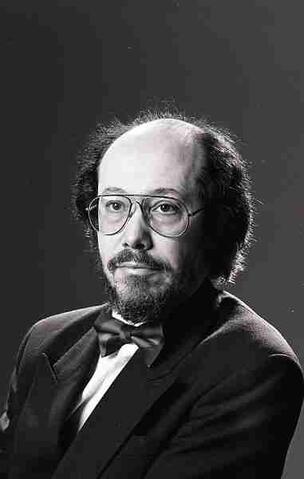
Área de título y declaración de responsabilidad
Título apropiado
Dr. Giovanni De Domenico - Portrait
Tipo general de material
- Graphic material
Título paralelo
Otra información de título
Título declaración de responsabilidad
Título notas
Nivel de descripción
Item
Institución archivística
Código de referencia
Área de edición
Declaración de edición
Declaración de responsabilidad de edición
Área de detalles específicos de la clase de material
Mención de la escala (cartográfica)
Mención de proyección (cartográfica)
Mención de coordenadas (cartográfica)
Mención de la escala (arquitectónica)
Jurisdicción de emisión y denominación (filatélico)
Área de fechas de creación
Fecha(s)
-
1994 (Criação)
Área de descripción física
Descripción física
3 negatives : b&w ; 6 x 4 cm
Área de series editoriales
Título apropiado de las series del editor
Títulos paralelos de serie editorial
Otra información de título de las series editoriales
Declaración de responsabilidad relativa a las series editoriales
Numeración dentro de la serie editorial
Nota en las series editoriales
Área de descripción del archivo
Nombre del productor
Historial de custodia
Alcance y contenido
Head and shoulders image of Dr. Giovanni De Domenico, assistant dean of Medicine and director of School of Physical Therapy.
Bio/Historical Note: Dr. Giovanni De Domenico was born on 14 January 1949 in England and qualified there as a physiotherapist in 1970. Following a period of general experience in a variety of clinical settings, he undertook the Teacher of Physiotherapy program at the Coventry School of Physiotherapy and the North London Polytechnic, graduating in 1975. He was then appointed to the staff of the Royal Orthopaedic Hospital, School of Physiotherapy, Birmingham, U.K. While in the U.K., Dr. De Domenico gained an MSc from the University of Aston, also in Birmingham, followed by an appointment to the staff of the Wolverhampton School of Physiotherapy, in Wolverhampton. Dr. De Domenico emigrated to Australia in 1978 to take up an appointment in the School of Physiotherapy, Faculty of Health Sciences, Sydney University (Australia). In 1984 he was appointed senior lecturer in the School of Physiotherapy at Curtin University, in Perth, Australia. While there, Dr. De Domenico was responsible for undergraduate and postgraduate teaching and research in the broad areas of electrophysical agents and soft tissue manipulation (massage). Dr. De Domenico was awarded a DPhil in 1988 for his thesis entitled "Kinaesthetic Acuity and Motor Control in Humans". This work was undertaken in the School of Physiology and Pharmacology at the University of New South Wales (Australia). In 1989 Dr. De Domenico emigrated to Canada to take up an appointment as associate professor in the School of Physiotherapy, at Dalhousie University in Halifax, Nova Scotia. He was again responsible for teaching all aspects of electrophysical agents and soft tissue massage. Dr. De Domenico moved to Saskatoon in 1992 as professor and director of the School of Physical Therapy, and assistant dean in the College of Medicine at the University of Saskatchewan. In 1994 he moved to Mobile, Alabama as professor and chairman of the Department of Physical Therapy at the University of South Alabama. His final appointment took him to Texas in 2000 as professor and chairman of the Department of Physical Therapy, at the University of Texas Health Science Center at San Antonio. In August 2008 he stepped down as chair of the department in order to concentrate on teaching and research in electrophysical agents and soft tissue massage as well as engage in his personal fight against cancer, which ended on 10 April 2010 in Melbourne, Australia.
Área de notas
Condiciones físicas
Origen del ingreso
Arreglo
Idioma del material
Escritura del material
Ubicación de los originales
Disponibilidad de otros formatos
Restricciones de acceso
There are no restrictions on access.
Condiciones de uso, reproducción, y publicación
Photographer: DAVS
Copyright expires: Unknown
Other terms: Responsibility regarding questions of copyright that may arise in the use of any images is assumed by the researcher.

